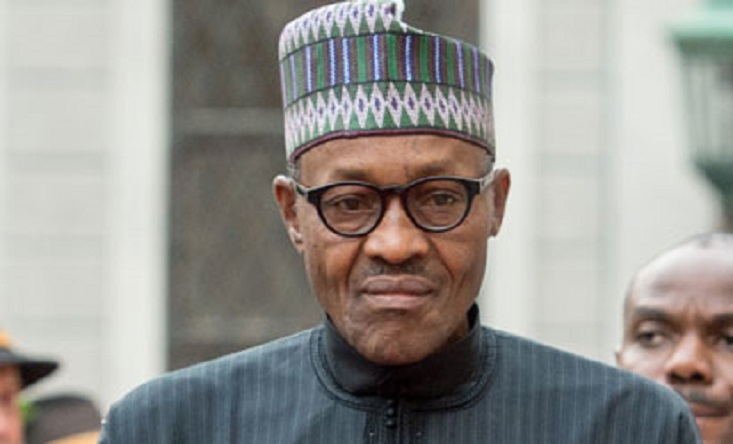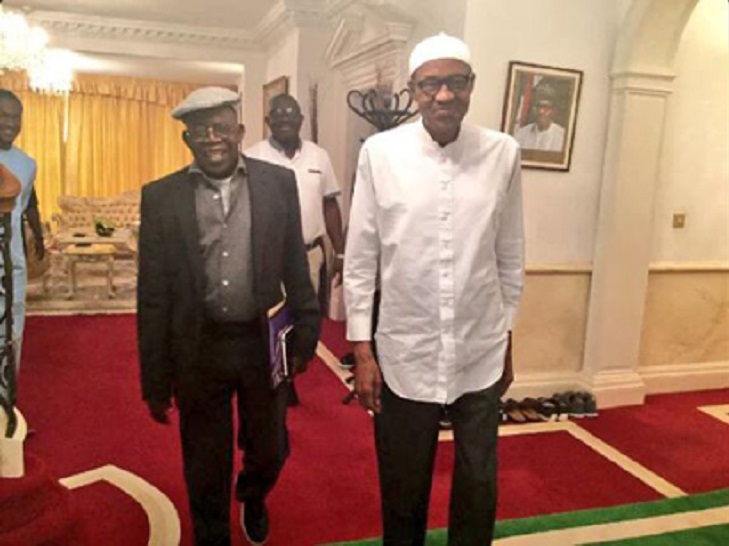In her characteristic fashion, she plunged every fibre of her being into the campaign. She mobilised every resource to push the mantra. And in a jiffy, the airwaves, social media and the conventional media, especially print, were on fire with their news with the slogan. It was powerful; it was forceful. Ironically, the more people heard and listened to it, the more disenchanted they appeared to be.
A few years later, the National Orientation Agency (NOA) under Mike Omeri launched a fresh campaign anchored on the slogan: Do The Right Thing. Yet the effort met with similar indifference by Nigerians whose attention it was meant to catch. Indeed Omeri NOA initiative fell flat on its face as he failed to correctly judge the mood of Nigerians with the poor reflexes they seemed to be getting from the government of the day on economy and their general well- being. This forced the question; Why?
The answer was not too far to locate. There was an apparent disconnect in the campaign between the people and those in government. It failed to psyche up the masses and they could not see or feel why they should feel good or key into the slogan. No sooner that the initiative was launched than it went into oblivion. It went with the enormous resources invested in it. Everything went down the drain.
The questions begging for answers; What did we learn from these moribund rebranding campaigns? What lessons have we brought to the table to guide our policy makers in their latest attitudinal change campaign? The initiative, launched in Abuja on Thursday 8 September 2016 has theme; Change Begins With Me.
It is good to galvanize the populace to be on the same page with the government in its various initiatives towards making Nigeria an utopian state (if there is any such thing) in all its ramifications, be it political, social and economic. But from my observation, the people that should have been mobilized to buy into these projects have always been inadvertently left out. Hence they are often dead on arrival. The reason is not difficult to locate: our policy makers love putting the cart before the horse.
Change must not be about mere slogans. As they say, talk is cheap. So, the architects of this mantra must show leadership by example. They must walk the talk. This must be expressed through some variations, including:
* Showing strong leadership sensibility.
Even before President Buhari got to power, he had foreseen the enormity of the problems facing Nigeria and the Herculean task of changing the culture of governance. He mirrored this in an interview he granted ThisDay newspapers in 2014 during his electioneering campaigns, he said:
“The priority will have to put the country in order first.In attempting to put the country in order, it is going to be a terrible situation for whoever wins and I pity whoever succeeds President Jonathan, even if it were to be myself. But this is what we can do; the practical way to tackle corruption is to draw a line, because institutions have been compromised. We cannot go on the way we did in the military in 1983 to fight corruption. This time around, you cannot do it that way because most of the institutions have been compromised. The person you will depend on as the auditor to go and check the CBN, maybe he has got some substantial part of the deal. These are facts on the ground. So, what you do is to persuade them to help to amend it. And that part of the amendment is for the people to have attitudinal change to the ills of this country.”
However, no matter how hard he tries, President Buhari cannot do it alone. For the campaign to succeed, all hands must be on deck. Those charged with the implementation of his initiatives must put on their thinking caps, and endeavour to march his pace in his efforts at pulling the country out of the current recession. This is one battle we must win for our country.
Olamiti a Media Consultant wrote from Abuja.








